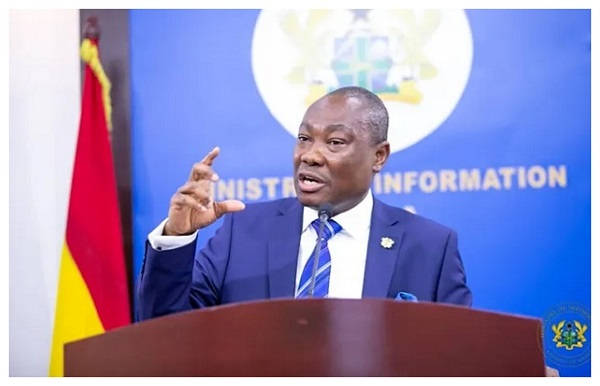By Farid Zohrabov
Copyright trend

BAKU, Azerbaijan, September 20. The “Contract
of the Century,” signed in Baku on September 20, 1994, was
Azerbaijan’s first and most significant step in attracting foreign
investment to its oil sector.
The agreement established the first large-scale
production-sharing contract for the joint development of the
Azeri-Chirag-Gunashli (ACG) fields in the Caspian Sea with an
international consortium.
The main participants included 13 leading oil companies from
eight countries: Azerbaijan, the United States, the United Kingdom,
Russia, Türkiye, Norway, Japan, and Saudi Arabia. Key shares were
allocated as follows: BP (United Kingdom) – 17.12 percent, Ramco
(UK) – 2.08 percent, Amoco (USA) – 17.01 percent, Unocal (USA) –
11.2 percent, Pennzoil (USA) – 9.81 percent, McDermott (USA) – 2.45
percent, Lukoil (Russia) – 10 percent, Statoil (Norway) – 8.56
percent, Turkish Petroleum – 1.75 percent, and SOCAR – 20 percent.
The contract successfully implemented Azerbaijan’s new oil strategy
and doctrine.
Initial recoverable reserves were estimated at 511 million tons
and later revised to 730 million tons based on appraisal wells,
with investment requirements of $11.5 billion. The contract was
originally set for 30 years and extended in 2017 until 2050. A
revised agreement was signed for deeper sections of the ACG fields,
which included a $3.6 billion bonus for Azerbaijan from foreign
investors, SOCAR participation as a contractor, an increase in
SOCAR’s share from 11.6 percent to 25 percent, and a 75 percent
share of profit oil for Azerbaijan. By 2025, 436 million tons of
oil had been produced from ACG, with an estimated 500 million tons
of oil still remaining.
The “Contract of the Century” attracted billions of dollars in
foreign investment, setting an example in the post-Soviet space and
establishing Azerbaijan as a stable and reliable country for
investors. Revenues from the contract significantly strengthened
the state budget, funding infrastructure, social programs, military
modernization, and other sectors. The State Oil Fund of Azerbaijan
(SOFAZ), established in 1999, ensured transparent and efficient
management of oil revenues, protecting resources for future
generations and maintaining economic stability.
The agreement linked Azerbaijan closely with the West in energy
matters, making the U and the European Union important energy
partners and strengthening the country’s international position. It
also laid the foundation for the Baku-Tbilisi-Ceyhan (BTC)
pipeline, enabling Caspian oil to reach global markets.
Thanks to this contract and the subsequent strategic steps,
Azerbaijan emerged as the energy leader of the South Caucasus,
enhancing its influence in the region and positioning the country
as a key player in regional initiatives. At the time of the
agreement, Azerbaijan faced economic instability, but the contract
demonstrated that foreign states and companies had a vested
interest in the country’s stability and proved that Azerbaijan, as
an independent nation, was fully capable of managing its own energy
The “Contract of the Century” fundamentally transformed
Azerbaijan’s economy and energy sector. It created thousands of
jobs, allowed Azerbaijani specialists to gain international
experience and technological knowledge, and facilitated the
education of thousands of students abroad. Social infrastructure
projects, including roads, schools, and hospitals, were funded from
oil revenues. Today, Azerbaijan is working to develop a post-oil
economic model, with the “Contract of the Century” providing the
necessary capital and experience base. It represents a turning
point in Azerbaijan’s history of independence, political stability,
economic growth, international influence, and geostrategic balance,
serving not just as an oil contract but as a platform for the
country’s long-term development and energy strategy.
The BTC pipeline has transported 605 million tons of crude oil
since 2006. In the first half of 2025, approximately 13 million
tons (106 million barrels) of crude oil and condensate were
exported through BTC, with operational costs of around $60 million
and capital expenditures of $30 million. Since its launch, a total
of 4.6 billion barrels of crude oil have been transported via the
1,768 km BTC pipeline.
Since the start of production in the ACG block until September
1, 2025, 612.2 million tons of crude oil and 238.7 billion cubic
meters of associated gas have been produced. SOCAR currently holds
the largest share in the ACG contract at 31.65 percent.
Stay up-to-date with more news on Trend News
Agency’s WhatsApp channel



